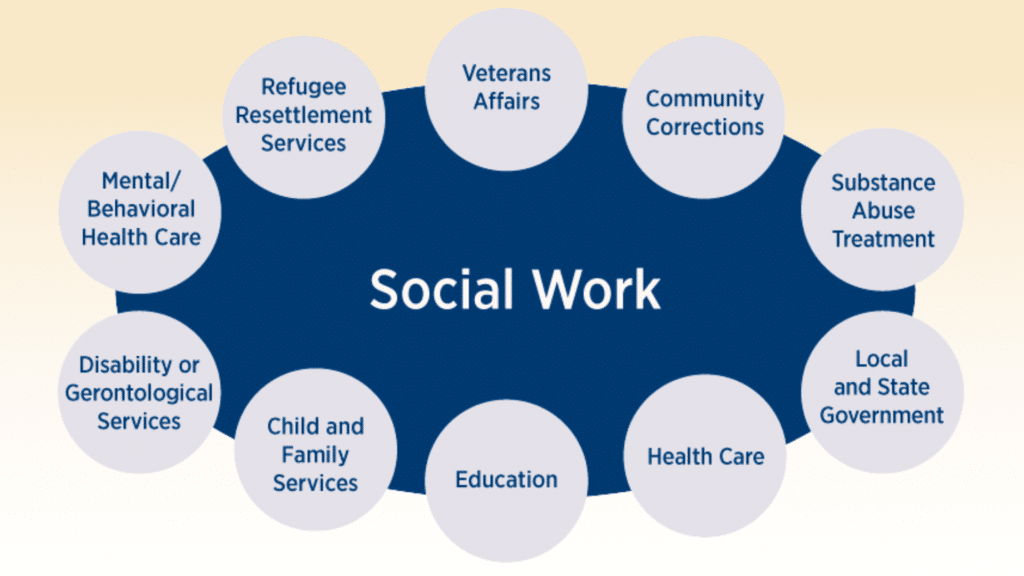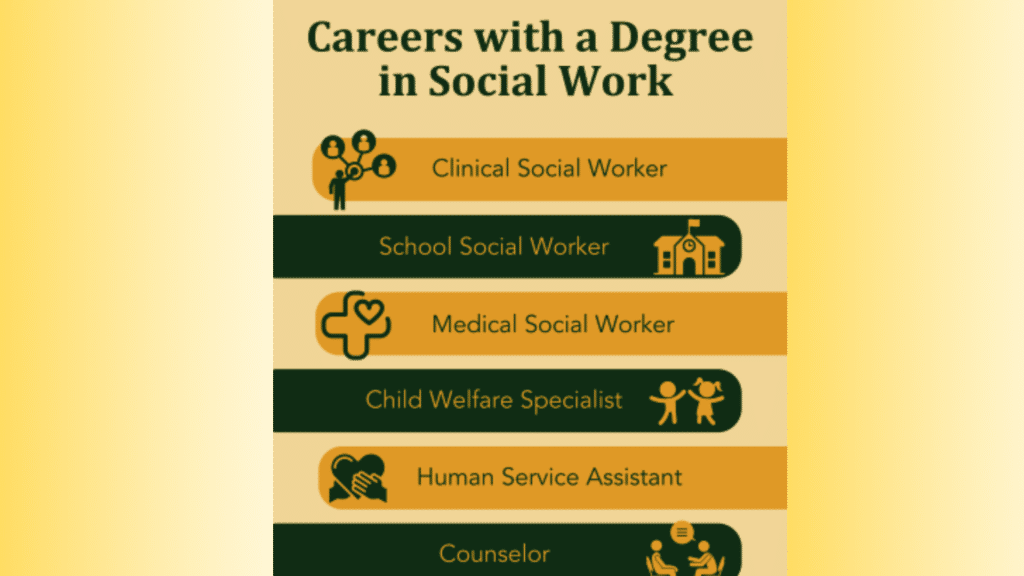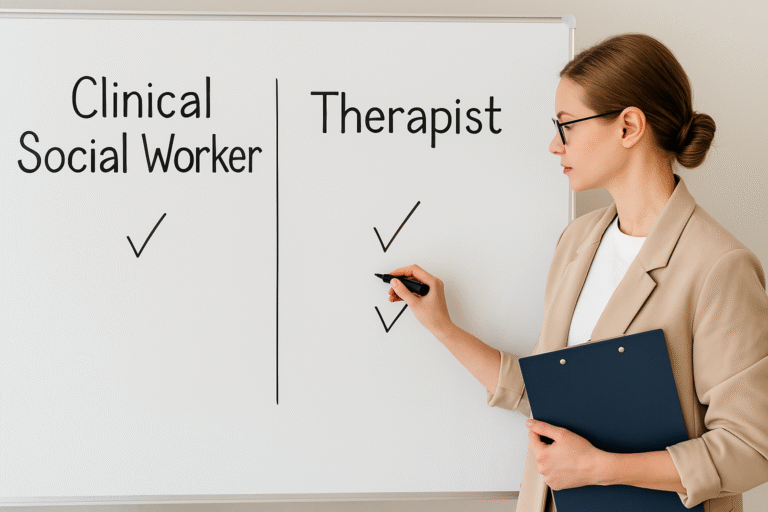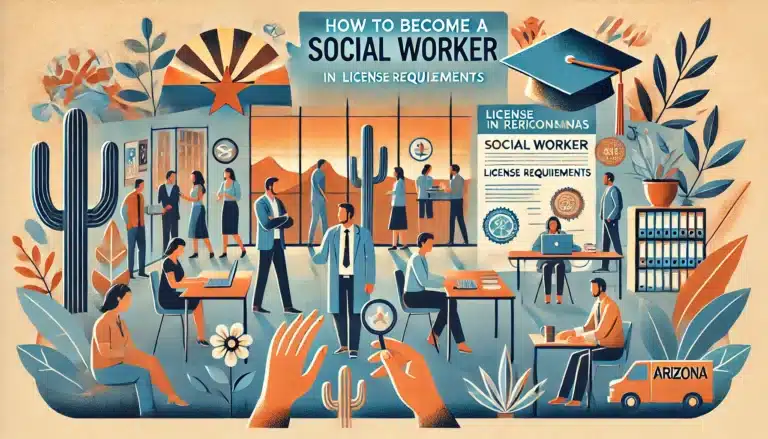What Education is Required to be a Social Worker? A Comprehensive Guide

Social work is a rewarding profession dedicated to improving individual and community well-being. To embark on this career, specific educational milestones, licensure, and skills are essential. This guide outlines the structured path to becoming a social worker, aligned with principles for clarity and depth.
1. Bachelor’s Degree in Social Work (BSW)
The foundational step for aspiring social workers is a Bachelor of Social Work (BSW), typically a four-year program.
Key Components:
- Coursework: Includes human behavior, social welfare policy, ethics, and research methods.
- Field Education: Mandatory internships (400+ hours) provide hands-on experience in agencies or community settings.
- Accreditation: Ensure the program is accredited by the Council on Social Work Education (CSWE) to meet licensure requirements.
Note: Some entry-level roles accept degrees in psychology or sociology, but a BSW is preferred and often required.
2. Master’s Degree in Social Work (MSW)
For advanced roles, especially clinical practice, a Master of Social Work (MSW) is necessary.
Program Structure:
- Duration: Two years full-time; one year for those with a BSW (Advanced Standing programs).
- Advanced Coursework: Focuses on clinical assessment, trauma-informed care, and policy analysis.
- Specializations: Options include Clinical Social Work, Child & Family Services, or Healthcare Social Work.
- Field Practicum: 900+ hours of supervised clinical experience.
Career Impact: An MSW is required for licensure as a Licensed Clinical Social Worker (LCSW).
3. Doctoral Programs (Ph.D. or DSW)
For roles in academia, research, or leadership, consider a doctorate:
- Ph.D.: Emphasizes research and theory.
- Doctor of Social Work (DSW): Focuses on advanced clinical practice and leadership.
4.Licensing and Certification
State Licensure:
- Exams: Pass the Association of Social Work Boards (ASWB) exam (level varies by state: Bachelor’s, Master’s, or Clinical).
- Requirements: Supervised post-graduate hours (2–3 years for LCSW).
Certifications:
- NASW Credentials: Certified Social Work Case Manager (C-SWCM) or Clinical Social Worker in Gerontology (CSW-G).
- Continuing Education: Mandatory courses to maintain licensure.
5.Essential Skills and Qualities
Beyond degrees, successful social workers need:

- Empathy and active listening.
- Cultural competence to serve diverse populations.
- Crisis management and problem-solving skills.
Suggested Reading: Top 15 Principles of Social Work
6. Accreditation Importance
Attending a CSWE-accredited program is critical for licensure eligibility and employer recognition.
7.Career Pathways and Specializations

- Clinical Social Work: Therapy and mental health services.
- School Social Work: Support students and families.
- Substance Abuse Counseling: Address addiction challenges.
8.Online Education Options
Many universities offer accredited online MSW programs, providing flexibility for working professionals.
Conclusion
The journey to becoming a social worker involves a BSW, followed by an MSW for clinical roles, licensure, and continuous learning. By adhering to accredited programs and gaining practical experience, you can effectively advocate for vulnerable populations and drive societal change.
Best Online MSW Programs in the US – 2025 Guide
Key Takeaways
- Start with a CSWE-accredited BSW.
- Advance with an MSW for clinical opportunities.
- Secure state licensure and pursue certifications.
Ivy League MSW Programs Reviewed (2025 Guide)






